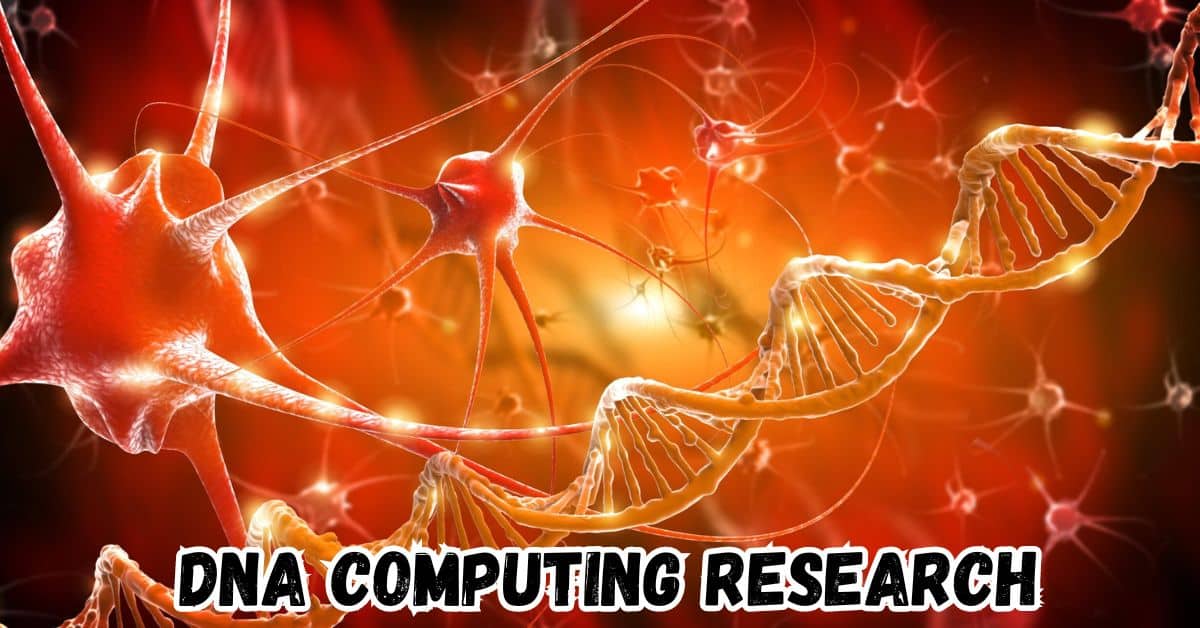A CAREER award has been bestowed upon Dominic Scalise, an assistant professor in the Gene and Linda Voiland School of Chemical Engineering and Bioengineering at Washington State University, in recognition of his contributions to the development of DNA-powered computers.
Academic role models in research and instruction are sought after, and these esteemed five-year awards are meant to promote the research of new faculty members just starting out in their careers.
Scalise plans to use the about $500,000 prize money to build a powerful DNA computer that can be easily programmed to do multiple jobs. Invented in 1994, DNA computers process information using DNA rather than transistors. These computers may bypass the need for metals and other components that aren’t compatible with conventional computing thanks to their DNA-based architecture.
Computing in areas like intelligent medicine, robotics, and biosensing may one day be radically altered by innovative technology. In the future, scientists hope to be able to employ DNA programming to restructure or self-repair matter. This is a common usage of DNA in nature, from the metamorphosis of caterpillars into butterflies to the regeneration of broken limbs in various species.
“Biochemical computers can directly program biological and non-biological forms of matter to grow, heal, reconfigure, and replicate,” Scalise stated. Biology shows that there isn’t a basic reason why we can’t achieve that. Instead of worrying about whether or not molecules can complete these tasks, we should be concerned about how much time it will take for humans to become experts at programming molecules.

Although there is potential in the field, there are currently significant limits to synthetic DNA circuits. The majority of them can only do one round of calculations because of their limited energy, or power supply. Compared to an electronic computer that crashes with each keystroke, he compared it to this.
Furthermore, DNA circuits are limited to performing a single devoted activity at a time, and it can take years to construct a new DNA-based computer just to program it to do a new duty. Scalise draws a parallel between this and the pre-software era of personal computers. Computing instead relied on physically connecting and disconnecting hardware.
With the funding, Scalise plans to create a DNA computer that can be easily programmed to perform any activity, just like computers based on electronics. His research group is also developing a “power supply” for computers in the form of DNA processes that can restock chemical reactants, allowing biochemical computers to operate for longer periods.
Two PhD candidates, Kutay Sesli and Natalie Kallish, are being mentored by Scalise to carry out these experiments. The project also seeks to increase the current enrollment of approximately 1,000 students in the emerging field.
Scalise intends to build course modules on the first comprehensive textbook in the discipline, which he co-founded with an international grassroots team of researchers called the Molecular Programming Society.
When it came to electrical computers, early thinkers and writers like Charles Babbage and Ada Lovelace were already contemplating and writing about the subject a century before its invention. Lovelace foretold the start of computing in the early 20th century, but it wasn’t until the early 30s and 40s that computer scientists like Alan Turing and Grace Hopper could witness it.
“We need to speed up the pitch,” he declared. “In the realm of molecular computing, I wonder if we are in the era of Ada Lovelace or the era of Alan Turing and Grace Hopper, the ones who started it all?” The source of the drive is unknown to me, but that is where it is coming from.
Scalise has a master’s degree in chemical and biomolecular engineering from Johns Hopkins University and a bachelor’s degree in mechanical engineering from the University of California, Berkeley. He worked as a postdoctoral researcher for Caltech before coming to WSU in 2022.
Here are some more tech stories you might enjoy if you liked this one:
